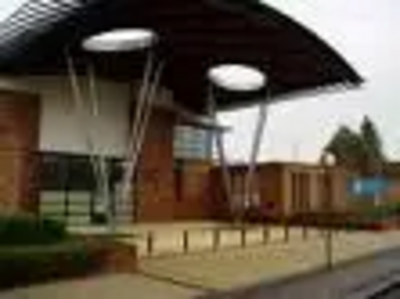Call the cops on 101

From 19 September people in Wiltshire will be able to dial 101, a new national non-emergency telephone number for the police service.
The 101 number is being introduced as part of the government's attempt to improve access to the police, ease pressure on 999 and help the police tackle crime and disorder.
When someone calls 101, they will hear a recorded message announcing that they are being connected to their local police force. The system will determine the caller's location and connect them to the relevant force.
Callers should use 101 to report less urgent crime or disorder, to contact the police with a general enquiry or to speak to a local officer.
For example:
- if their car has been stolen;
- if their property has been damaged;
- where they suspect drug use or dealing;
- if they want to report a minor traffic collision;
- if they want to give the police information about crime in their area, or if they'd like to speak to a local police officer.
With 101 a flat rate of 15p will be charged whether the call is from a landline or mobile, irrespective of how long the call lasts.
The current 0845 408 7000 number will be phased out over the next six months. If a person calls it during the 'phase out' period, they will still get through to Wiltshire Police.
Wiltshire will be part of the 'Region Two' roll-out on Monday 19 September, alongside the other South West forces (Devon and Cornwall, Dorset, Gloucestershire, Avon and Somerset).
It is anticipated that 101 will be live across all forces in England and Wales by January 2012.
